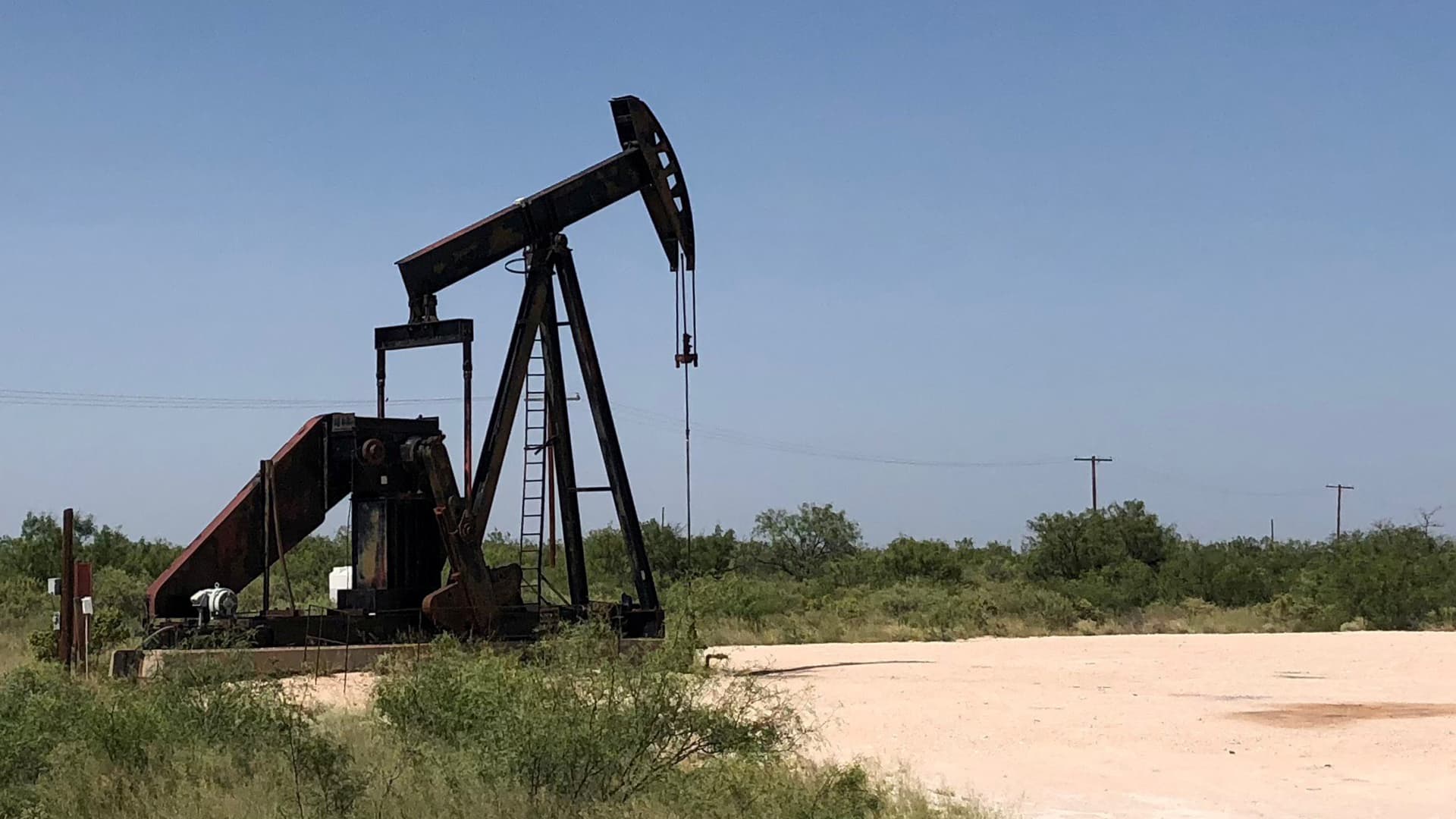Crude oil futures rose on Wednesday, adding to a recent streak of gains after an OPEC+ committee meeting ended without recommending changes to production policy.
The West Texas Intermediate contract for May delivery gained 72 cents, or 0.85%, to $85.87 a barrel. The Brent contract for June delivery added 77 cents, or 0.87%, to $89.69.
Some members of OPEC and its allies led by Russia, called OPEC+, are voluntarily cutting 2.2 million barrels per day of production through at least the second quarter.
The Joint Ministerial Monitoring Committee concluded a meeting Wednesday without recommending changes to OPEC+ current production policy, according to two delegates. The committee can only make recommendations for OPEC+ to consider at a formal meeting.
U.S. crude and the global benchmark have rallied about 20% and 16% this year as improving economic growth expectations should push the oil market into a 450,000 barrel per day deficit in the second and third quarters, according to Bank of America.
Crude oil gained this week on mounting geopolitical tensions. Ukraine continued its campaign of drone strikes against Russian energy infrastructure, hitting the country’s third-largest oil refinery.
And OPEC member Iran vowed to respond against Israel, accusing the country of bombing its consulate in Damascus and killing seven officials of the Islamic Revolution Guards Corps.
The escalating tensions between Israel and Iran have raised fears again of a wider war in the Middle East that could disrupt crude supplies.
— CNBC’s Ruxandra Iordache contributed to this report.
